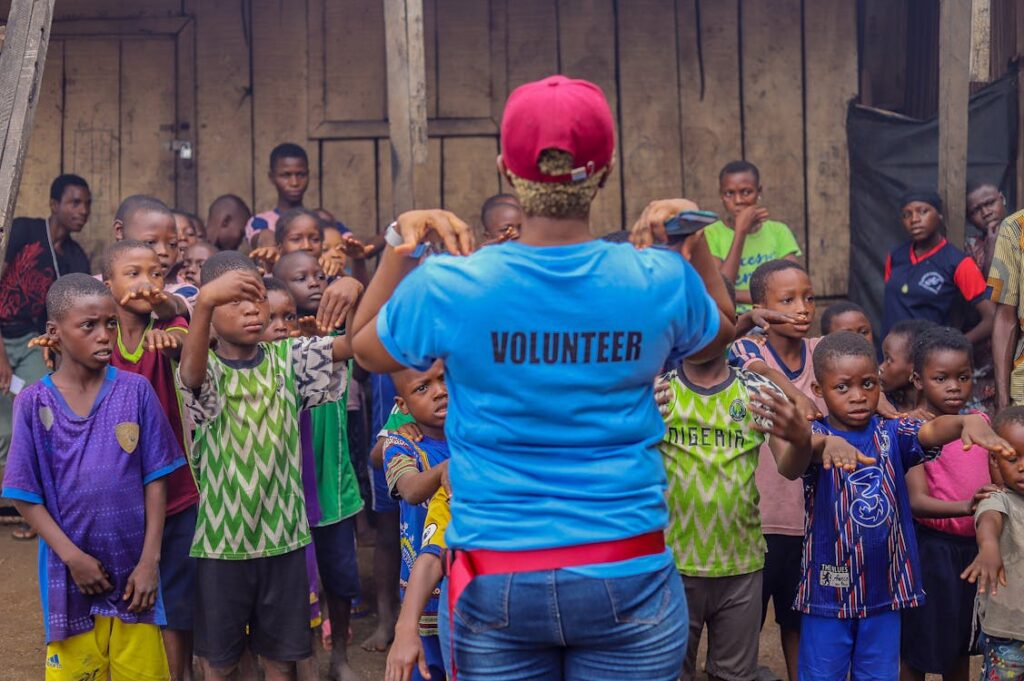Piaget’s theory is divided into four stages:
Sensorimotor stage (birth to 2 years): During this stage, infants learn about the world through their senses and motor actions. They explore objects by sucking on them, shaking them, and throwing them. They also learn about cause and effect by observing what happens when they do things.
Preoperational stage (2 to 7 years): During this stage, children begin to use symbols and language to represent the world around them. They also develop the ability to think about things that are not present in the moment. However, their thinking is still somewhat egocentric, meaning that they have difficulty understanding other people’s perspectives.
Concrete operational stage (7 to 11 years): During this stage, children develop the ability to think logically about concrete objects and events. They can also understand the concept of conservation, which means that they understand that the quantity of a substance remains the same even when its appearance changes.
Formal operational stage (12 years and up): During this stage, children develop the ability to think abstractly and hypothetically. They can also reason about multiple variables and solve complex problems.
Why is this important to you?
Piaget’s theory can help you to understand how your child thinks and learn at different stages of development. It can also provide guidance on how to support their cognitive development.
How to enforce Piaget’s theory in your child’s development
Provide opportunities for sensory exploration
During the sensorimotor stage, infants learn about the world through their senses. So, it’s important to provide them with plenty of opportunities to explore objects with their hands, mouths, and eyes. You can do this by giving them safe toys to play with, letting them crawl around on the floor, and taking them on nature walks.
Encourage pretend play
During the preoperational stage, children use pretend play to explore the world and learn about different roles and relationships. So, encourage your child to engage in pretend play by providing them with props and costumes. You can also join in on the fun and act out different scenarios with them.
Use concrete examples to teach new concepts
During the concrete operational stage, children learn best by using concrete examples. So, when you’re teaching your child something new, try to use objects and activities that they can see and touch. For example, if you’re teaching your child about fractions, you could use a pizza or cake to help them visualize the concept.
Ask open-ended questions
During the formal operational stage, children begin to think more abstractly. So, it’s important to ask them open-ended questions that require them to think critically and solve problems. For example, you could ask them questions like, “If you could have any superpower, what would it be and why?” or “What would happen if the Earth stopped rotating?”



